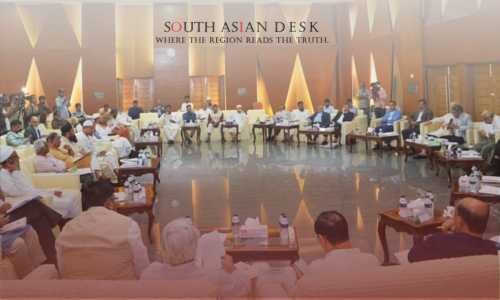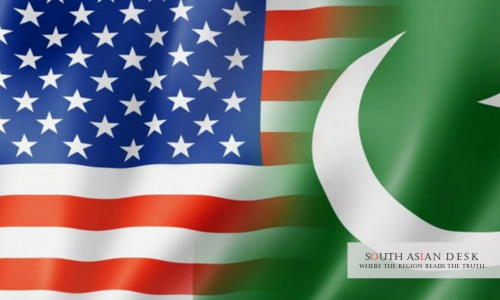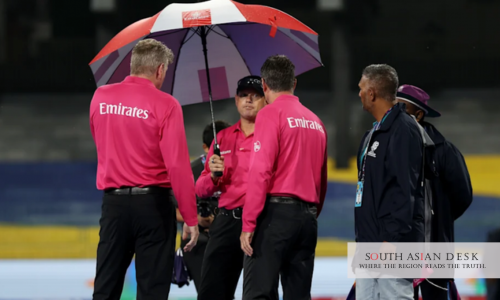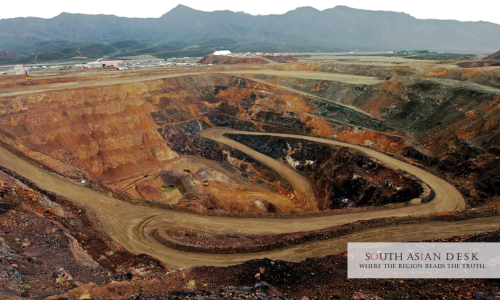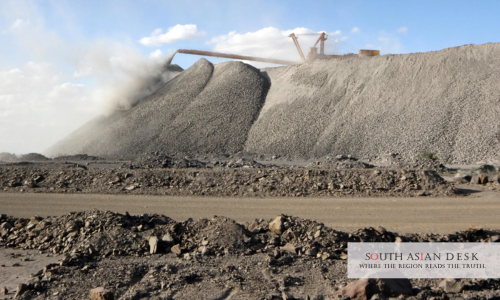The National Consensus Commission in Bangladesh has entered the seventh day of its second-round dialogue with political parties, focusing on constitutional reforms to shape the nation’s governance framework. Held at the Foreign Service Academy in Dhaka, the discussions, chaired by Vice Chairman Prof Ali Riaz, aim to address key issues such as the formation of an appointment committee for constitutional and statutory bodies and the establishment of the state’s fundamental principles.
The Commission, formed on February 15, 2025, under Chief Adviser Prof Muhammad Yunus, is tasked with building a unified stance on reforms proposed by five commissions covering the constitution, judiciary, electoral system, public administration, and anti-corruption measures. The ongoing talks are part of a broader effort to finalize the July Charter, a reform roadmap expected to be announced next month. Topics under discussion include the state’s core principles, the structure of a potential bicameral parliament, the presidential election process, and women’s representation in governance.
While there is agreement on principles like equality, human dignity, social justice, and democracy, debates persist over contentious proposals, such as the inclusion of pluralism as a constitutional principle and the creation of a National Constitutional Council to oversee key appointments. Some parties, including the Communist Party of Bangladesh, argue that major structural changes should be deferred to an elected parliament to ensure legitimacy. The dialogue has seen participation from major parties like the Bangladesh Nationalist Party (BNP), Jamaat-e-Islami, and the National Citizen Party, with sessions broadcast live on Bangladesh Television News.
Recent posts on X reflect public interest in these reforms, emphasizing the need for consensus to stabilize Bangladesh’s political landscape amid ongoing economic and social challenges. The Commission’s efforts are seen as a step toward addressing long-standing governance issues, with hopes of fostering a more inclusive and balanced system. As discussions continue, the focus remains on finding common ground to guide Bangladesh toward a reformed and democratic future.
Published in SouthAsianDesk, June 29th, 2025
Follow SouthAsianDesk on X, Instagram and Facebook for insights on business and current affairs from across South Asia.


